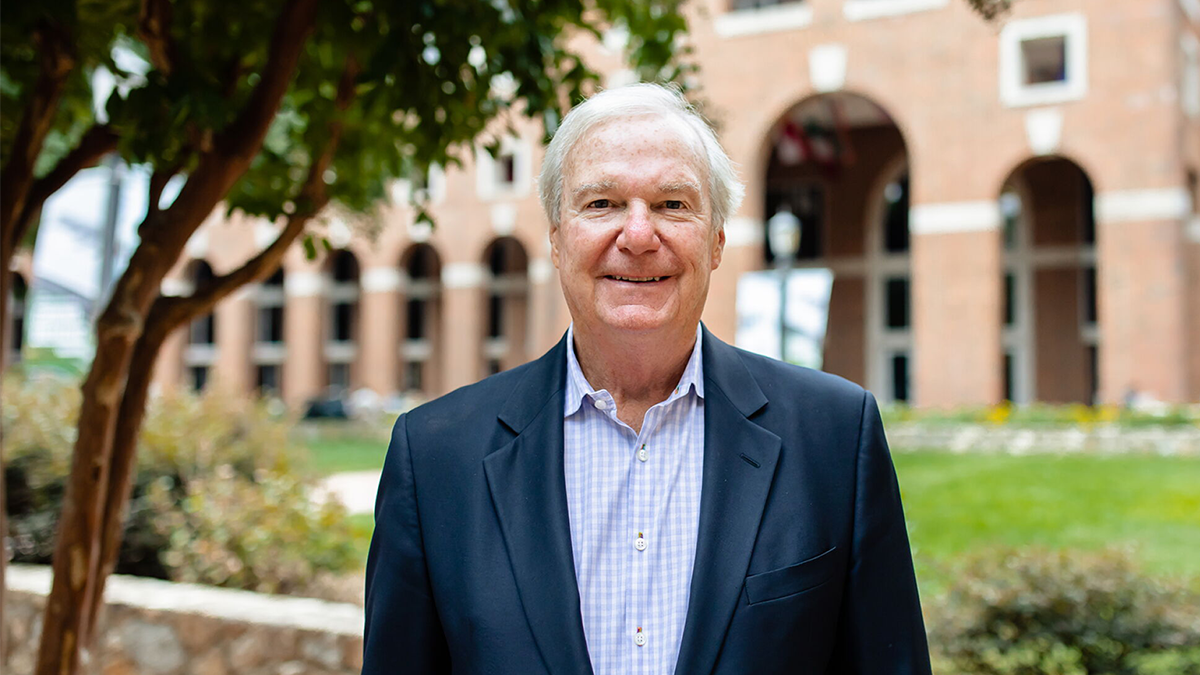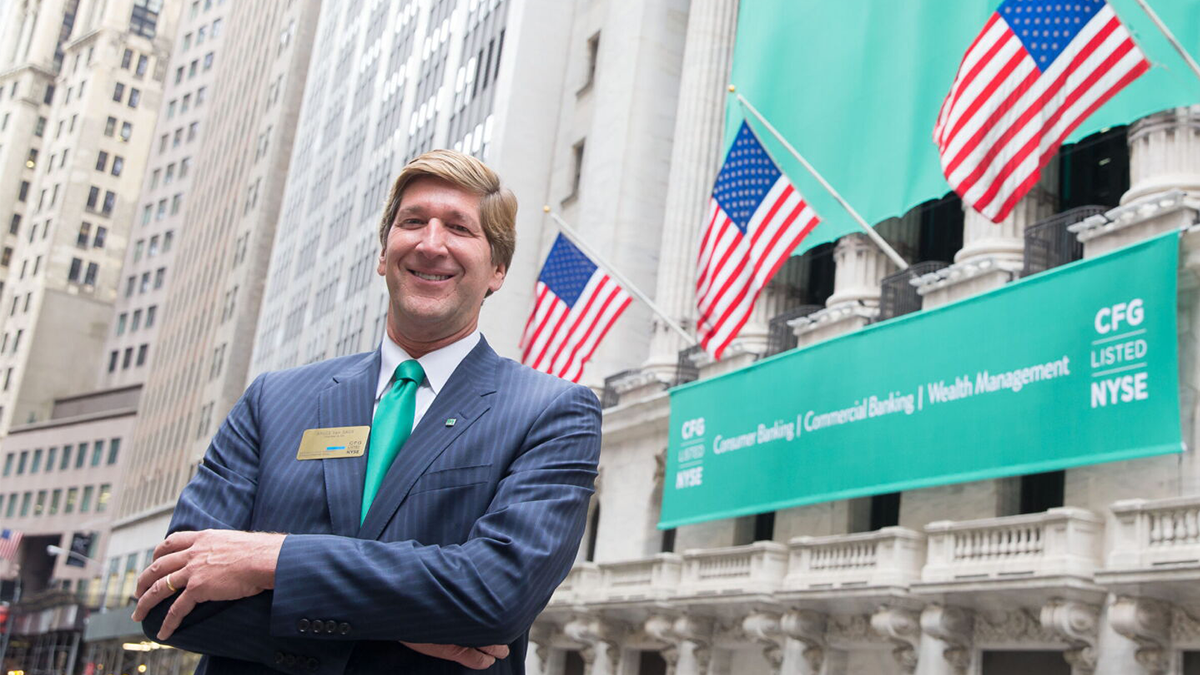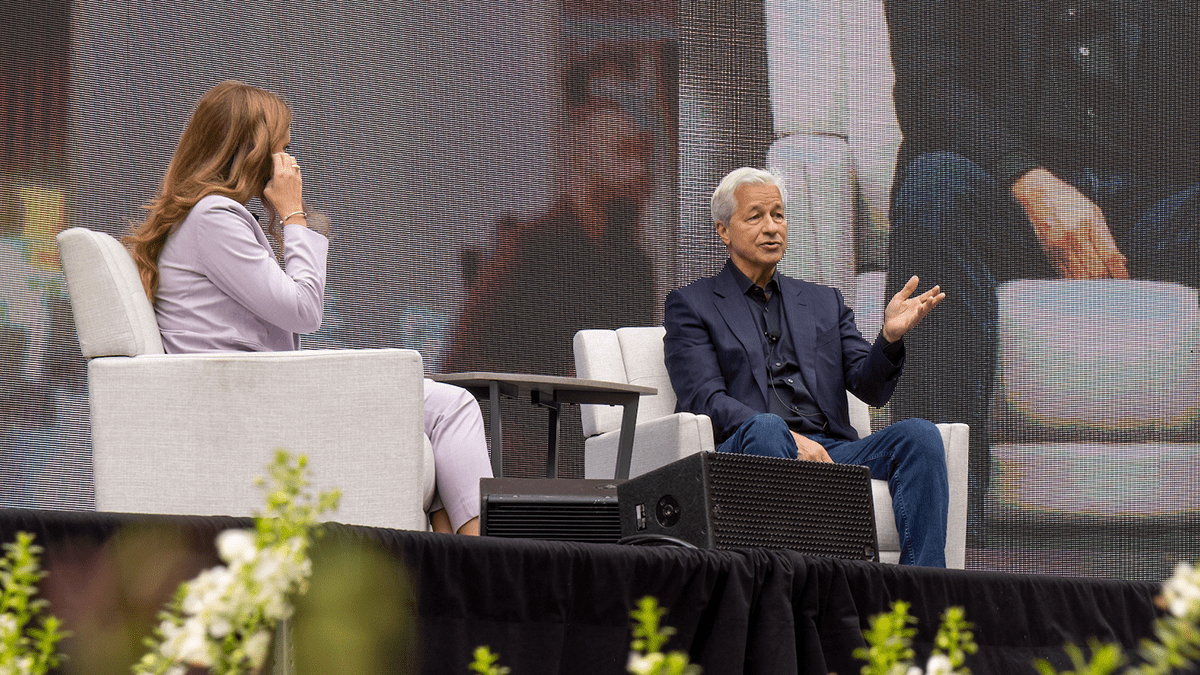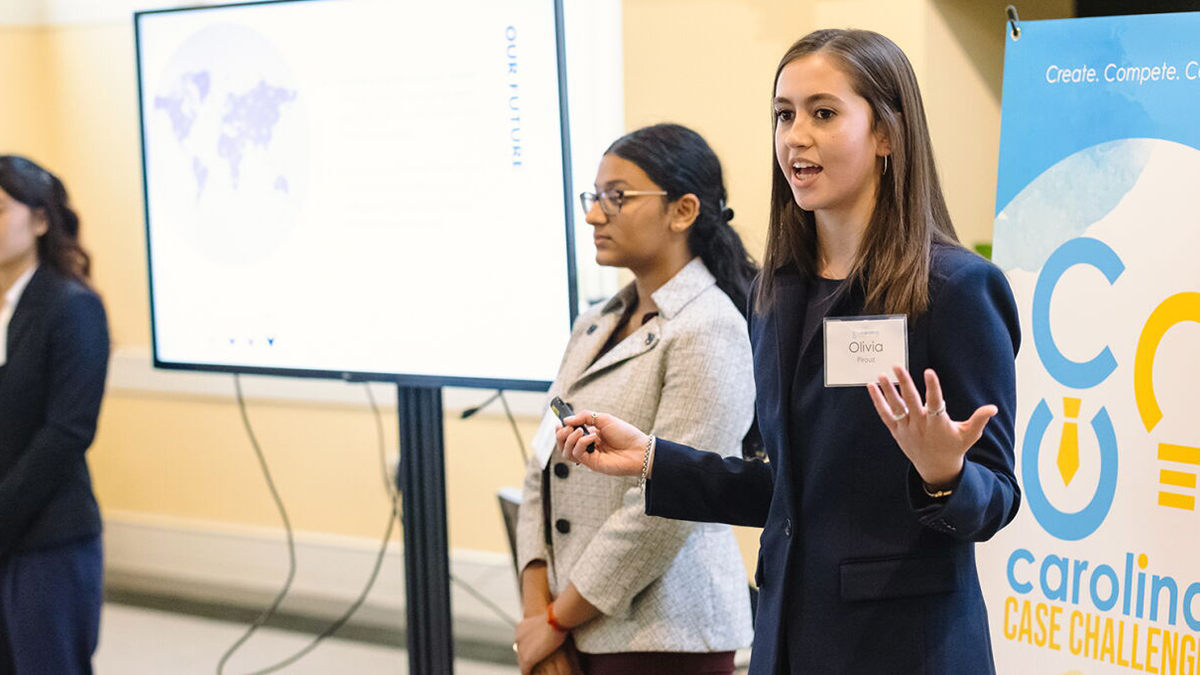Researching Recession Risk
Published on December 22, 2022Chief economist at the Kenan Institute of Private Enterprise weighs in on recession
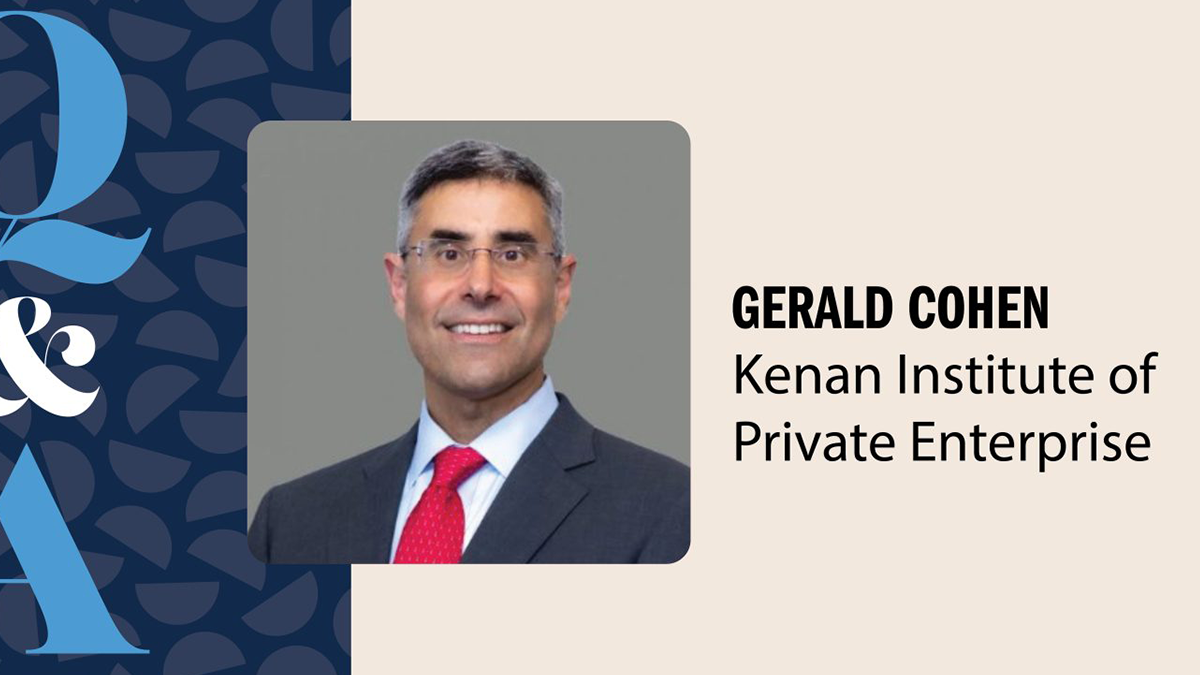
Chief economist at the Kenan Institute of Private Enterprise weighs in on recession
Every day, there seems to be a new headline with a conflicting forecast about the American economy. What’s the average person to think about the financial future and how to prepare for it?
For advice, The Well turned to Gerald Cohen, chief economist at the Kenan Institute of Private Enterprise. Cohen previously served as deputy assistant secretary for macroeconomic analysis in the U.S. Department of Treasury.
In a time of mixed messages, sometimes the way we look at the data can be just as important as the data itself, Cohen said. A lack of confidence in the economy can be a self-fulfilling prophecy.
“I’d say the biggest fear that I have is that we talk ourselves into a recession. That confidence channel is really important,” said Cohen. “If businesses say that we’re about to have a recession, then they’re going to hire fewer people. If households expect they’re going to have a recession, then they’re going to buy fewer goods. And both of those things are self-reinforcing.”
Cohen believes that there is a 50-50 chance of recession, but recognizes that economists have a hard time predicting recessions.
“Where I can add the most value is not forecasting, but saying, “What do current conditions tell us?” said Cohen. “This is the dichotomy that I see — that current conditions are in many ways very strong, but there are reasons to be quite nervous.”
